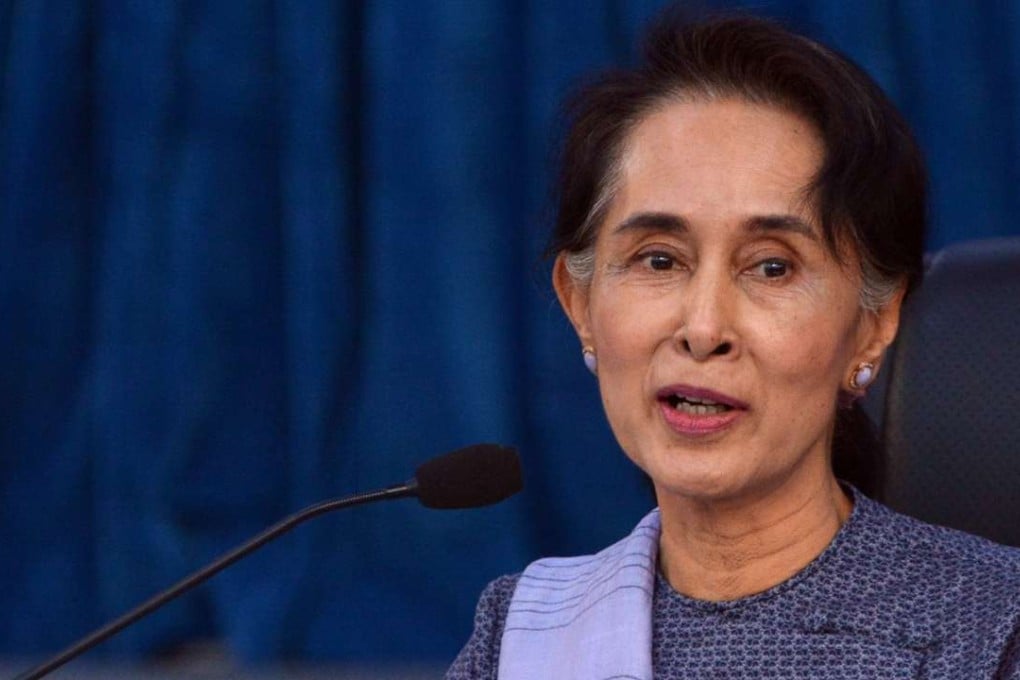What’s in a name? Not much, according to Aung San Suu Kyi, who tells diplomats they can use Myanmar or Burma
Military junta changed the country’s name as a nationalistic gesture, spurning the name handed down from when the country was a British colony.

Myanmar’s de facto leader, Aung San Suu Kyi, has made clear to foreign diplomats: It doesn’t matter if they call her country Myanmar, or its old name, Burma.
Suu Kyi gave her position on Friday in a speech to the foreign diplomatic corps. She is the government’s de facto leader in the specially created post of state counsellor, and also is foreign minister. Her National League for Democracy party took power from an army-backed government at the end of March.
Watch: Myanmar or Burma? Aung San Suu Kyi tells diplomats "it is up to you"
Democracy supporters in Burma balked when the then-ruling military renamed the country Myanmar in 1989. The military in turn was irritated when activists and their supporters abroad – including many Western governments – insisted on sticking with the old name.
It is up to you, because there is nothing in the constitution of our country that says that you must use any term in particular
As she explained her policy of friendship and mutual benefit to the diplomats, Suu Kyi interrupted herself to say she should clear up the matter of what name to use for her country “because there are some members of the diplomatic corps who don’t know quite which term to use.”